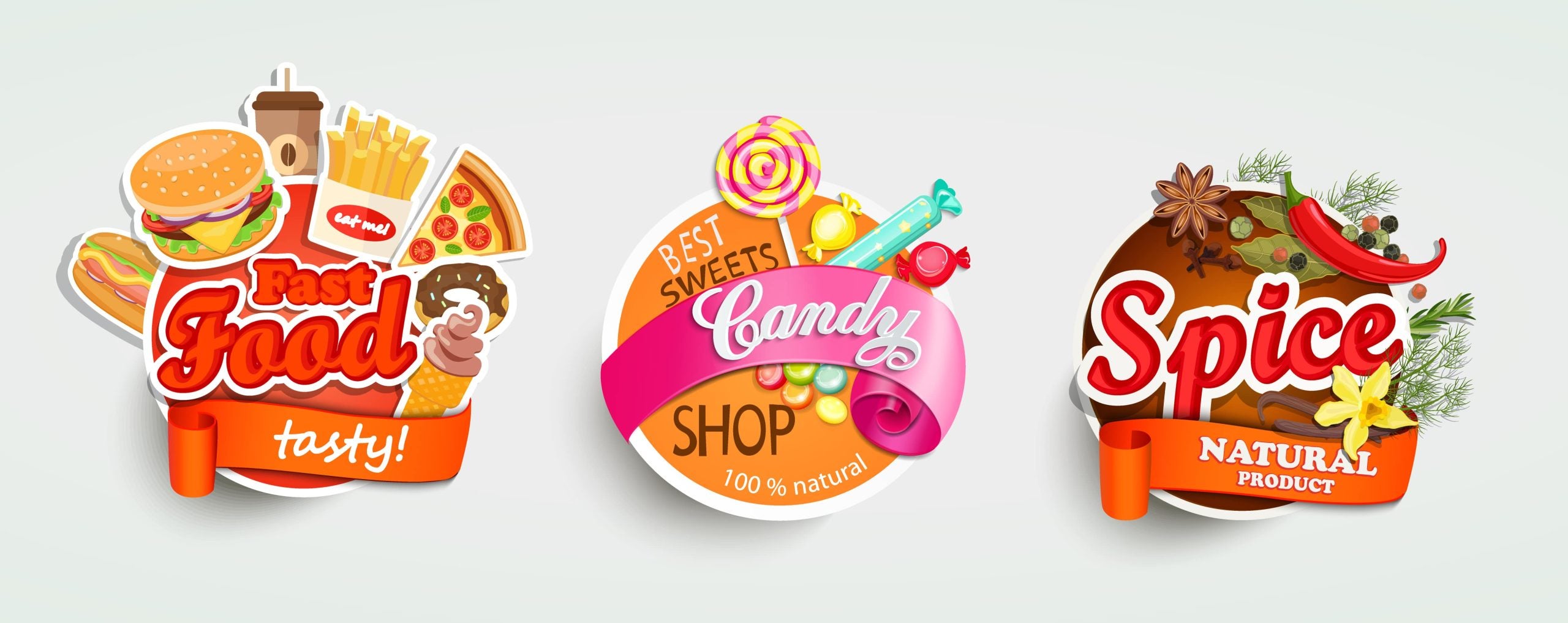A new food labelling bill passed by the Texas Legislature could lead to sweeping changes in how packaged foods are labeled across the United States.
Senate Bill 25, which is supported by Robert F. Kennedy Jr., the US Health and Human Services Secretary, proposes the introduction of warning labels on foods containing ingredients restricted or deemed not suitable for human consumption in other countries.
This significant measure is currently awaiting the signature of Governor Greg Abbott. If enacted, this law will take effect in 2027, potentially setting a new standard for food safety and transparency in the industry.
The proposed legislation draws attention to a list of over 40 substances. Major products such as Skittles, Mountain Dew, and Froot Loops would require labeling if they contain these ingredients, sparking considerable discussion among consumers and industry stakeholders alike.
Ingredients Under Scrutiny
This bill specifically targets a range of additives that are already restricted or carry warnings in regions like Europe. Among them are:
- Titanium Dioxide: Commonly used as a whitening agent in various sweets.
- BHT and BHA: Preservatives frequently found in cereals and meats.
- Emulsifiers: Such as DATEM, which are widely used in bread production.
While some of these ingredients are banned or restricted abroad, others remain subjects of ongoing debate. Under the proposed rules, any packaged food sold in Texas from 2027 onwards would require a visible warning label if it contains any of these substances, unless federally approved by agencies such as the Food and Drug Administration (FDA) or the Department of Agriculture (USDA) after September 1, 2024.
The warnings must appear in a font size comparable to other FDA-required text and be prominently displayed, ensuring that consumers can make informed choices.
Potential for Wider Industry Impact
If signed into law, Senate Bill 25 could inspire food manufacturers to reformulate products or adjust their labeling practices across the nation. This approach aims to avoid the complexity of state-specific packaging.
Historical precedents, such as California’s Proposition 65 and Vermont’s GMO labeling law, have affected how companies approach labeling practices on a national scale, often leading to broader compliance changes.
Critics within the food industry have expressed concern over the implications of such legislation. Notable companies—like PepsiCo, Mondelez, Coca-Cola, and Walmart—have voiced their concerns in a letter to lawmakers, suggesting that the bill imposes significant labeling requirements based on international standards rather than established US regulatory guidance.
The Consumer Brands Association has also called for Governor Abbott to veto the bill, arguing that it risks misleading consumers and increasing operational costs for food producers.
Governor’s Decision Pending
As of now, Governor Abbott has not publicly revealed whether he intends to sign the legislation. His press secretary indicated that the governor is focused on thoroughly reviewing the bill to maintain Texans’ access to safe and healthy food options.
Abbott faces a deadline to make his decision by late June, following the conclusion of the legislative session on June 3.
Supporters of the bill claim it signifies a crucial move toward enhancing food transparency and increasing consumer awareness regarding what they consume. In contrast, opponents warn that the potential for state regulations could lead to conflicts with federal standards, complicating the compliance landscape for nationwide food producers.
The unfolding outcome of this legislation could significantly influence the future of food ingredient labeling in the United States, especially in terms of synthetic additives and other controversial substances.



